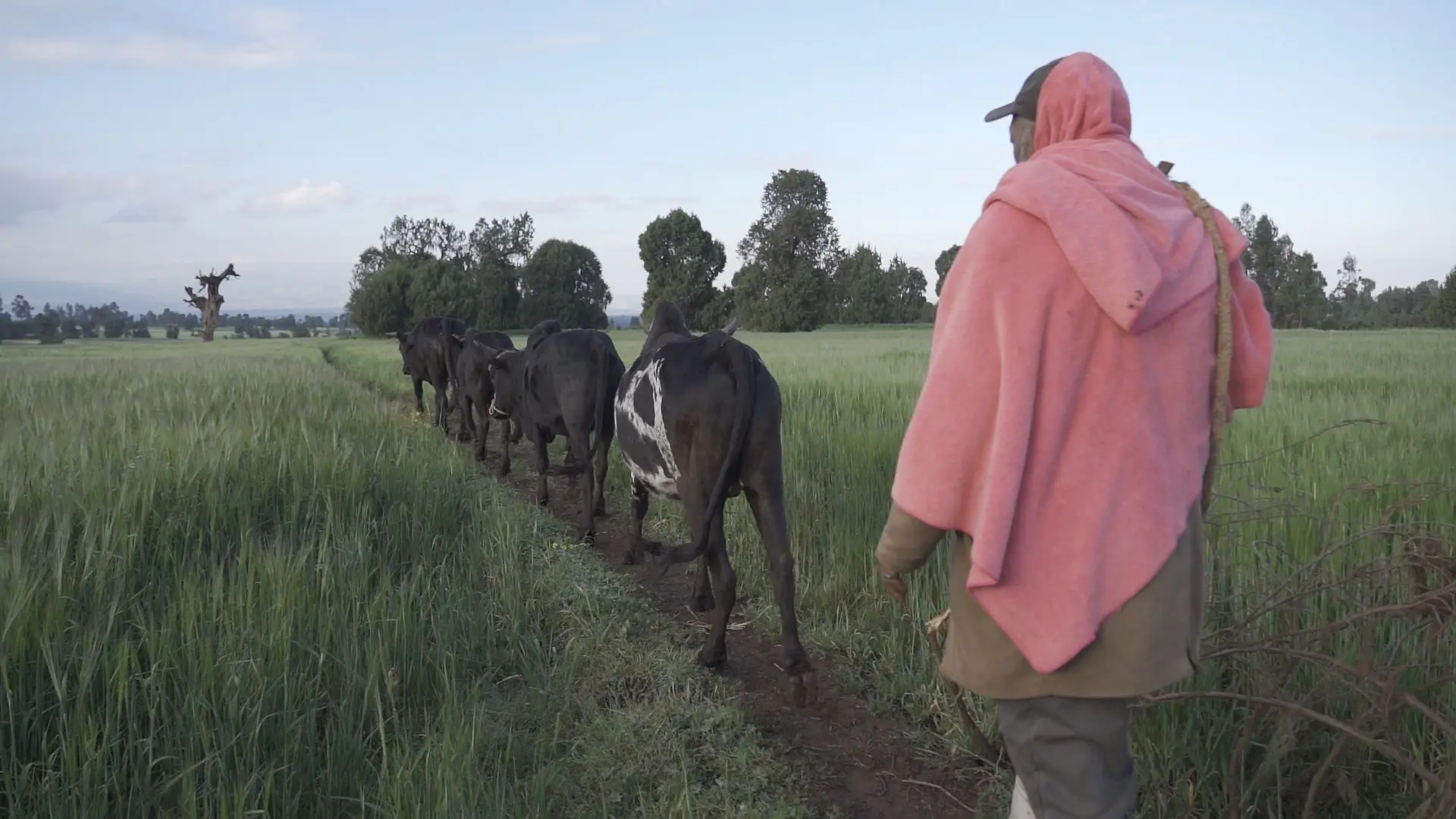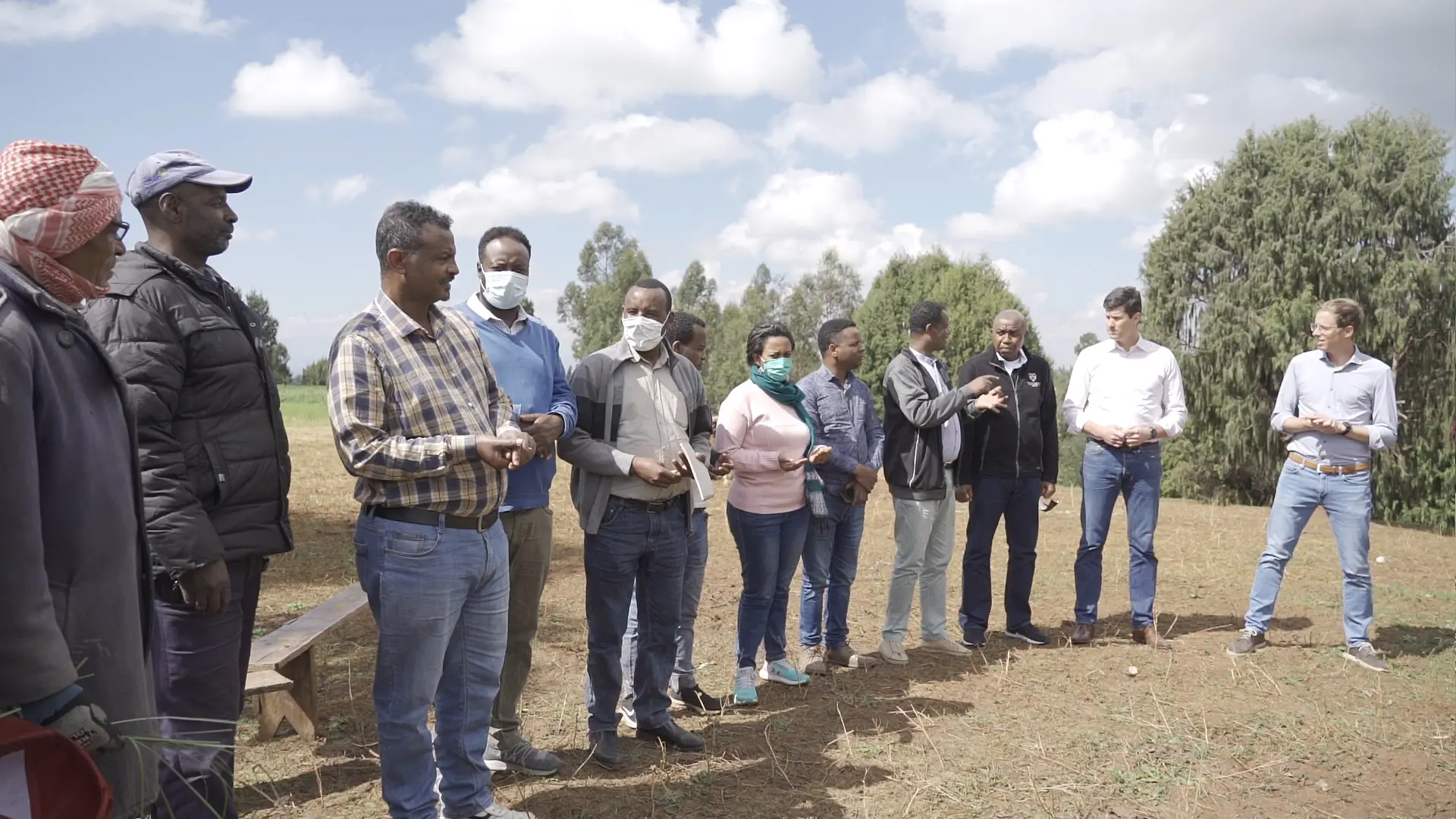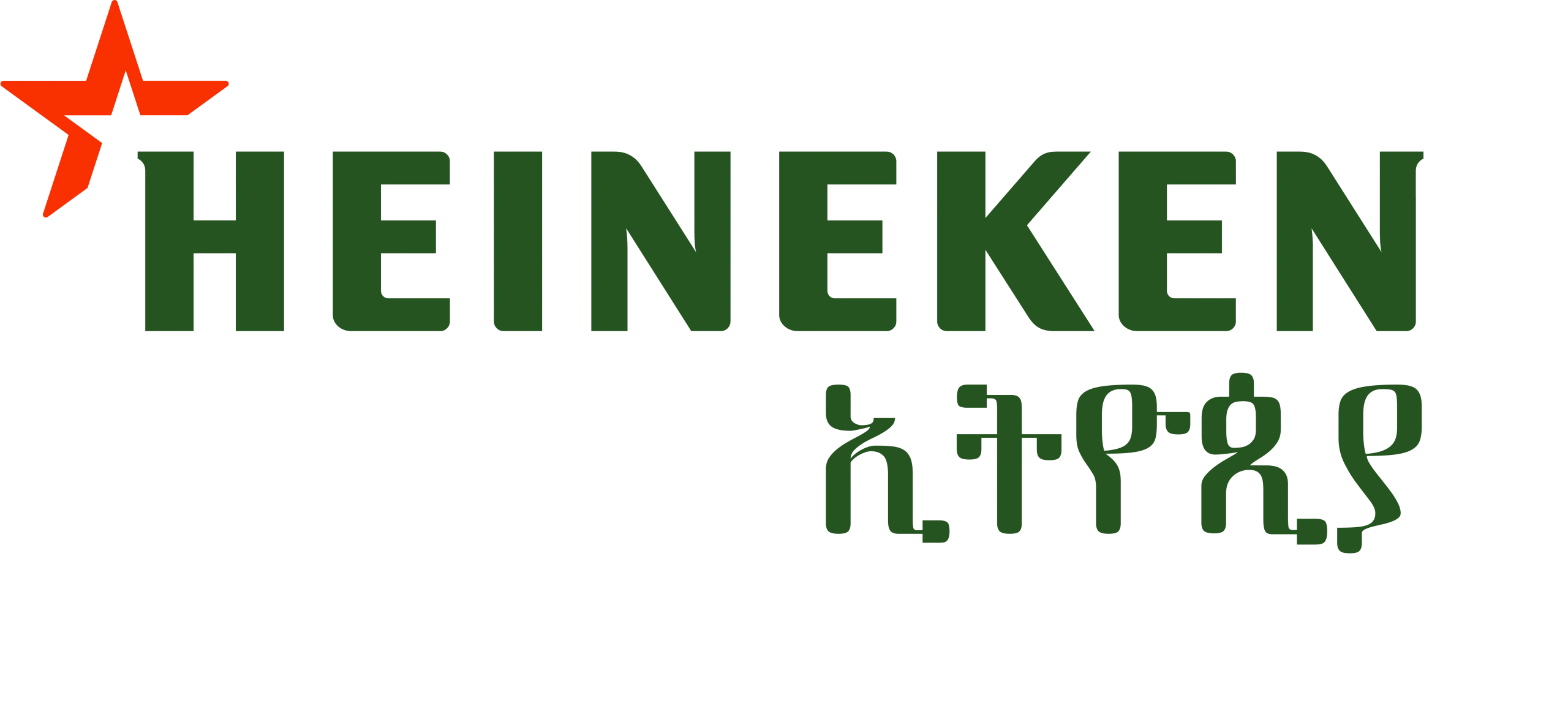HEINEKEN Ethiopia aims to guarantee a long-term, sustainable supply of raw materials while improving farmers’ livelihoods and raising supplier’s standards.
Our local Sourcing project CREATE (Community Revenue Enhancement through Agricultural Technology Extension) scaled up to BOOST (BOOST: Barley Organization of Supply and Training) is one such example.
This Local Sourcing initiative began in 2013 as HEINEKEN’s Barley value Chain development in Ethiopia to support farmers to increase malt barley yields by providing them with top-quality seeds, agricultural training, improved access to finance and links to reliable markets to sell their crop.
Critical to this was the introduction of new barley varieties from Europe, which helped to increase the average yield from 2 tones per hectare to more than 5 tones among participating farmers.
Currently, the project supports over 80,000 barley farmers and has had a meaningful impact on rural households – increasing marginal income by up to 150% and contributing to food security.
HEINEKEN Ethiopia aims to guarantee a long-term, sustainable supply of raw materials while improving farmers’ livelihoods and raising supplier’s standards.
Our local Sourcing project CREATE (Community Revenue Enhancement through Agricultural Technology Extension) scaled up to BOOST (BOOST: Barley Organization of Supply and Training) is one such example.
This Local Sourcing initiative began in 2013 as HEINEKEN’s Barley value Chain development in Ethiopia to support farmers to increase malt barley yields by providing them with top-quality seeds, agricultural training, improved access to finance and links to reliable markets to sell their crop.
Critical to this was the introduction of new barley varieties from Europe, which helped to increase the average yield from 2 tones per hectare to more than 5 tones among participating farmers.
Currently, the project supports over 80,000 barley farmers and has had a meaningful impact on rural households – increasing marginal income by up to 150% and contributing to food security.






